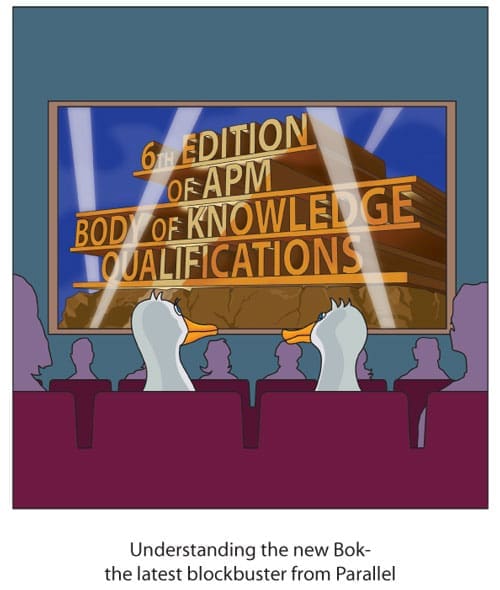Qualifications for project managers have been around for a long time – the Association for Project Management (APM) have been promoting professionalism in project management since 1972; the PRINCE methodology has been around in one guise or another since 1989 but was based on an earlier methodology created in 1975. In 1981 the Project Management Institute (PMI) started to develop what is now known as their Project Management Body of Knowledge (PMBOK) defining the standards widely used throughout the profession.
So within the world of project management there have been standards of professionalism for many years but it is perhaps only since the introduction of the APM’s Registered Project Professional (RPP) credential that project managers are beginning to gain recognised status outside of the profession. In 2007 the APM also set out to achieve Chartered status for the project management profession supported by 50 organisations across the public and private sectors.
Much like in any other more traditional profession such as accountancy or law, a project manager wishing to acquire the RPP credential would need to demonstrate certain skills and abilities. But this is not an exam or qualification that you can study for and pass without any real-life experience. There are strict rules regarding previous project experience on large, complex projects that must be met and evidence of this experience must be submitted as a written portfolio. The candidate must also undergo a professional assessment by a panel of experts and commit to continuous professional development (CPD) throughout their career.
Many organisations, particularly those whose business is the management of external projects, are judged on their ability to deliver projects successfully based on not only their past experienced and reputation but also on the professional credentials held by their project managers. It is likely that these and many other project management companies will want their PMs to obtain professional recognition of their competence to manage large, complex projects in the future. This will benefit the career prospects of credentialed project managers as well as improving the success rate of projects, which are a vital contributor to many world economies.



